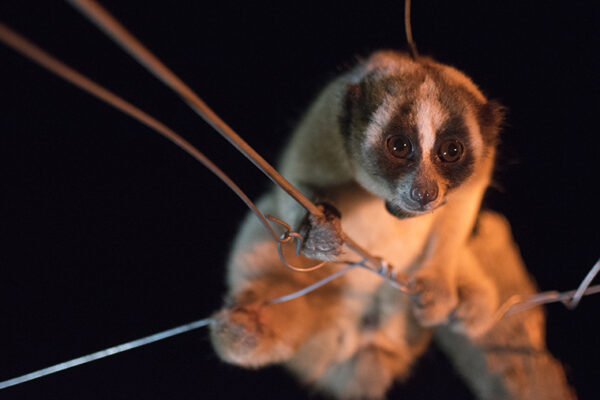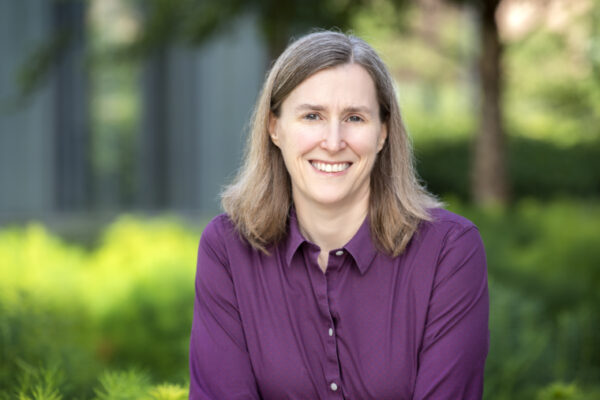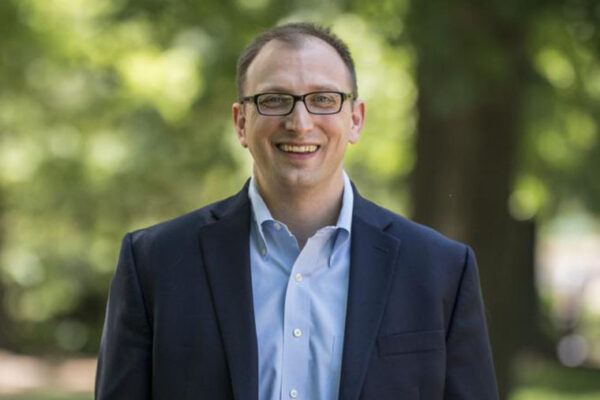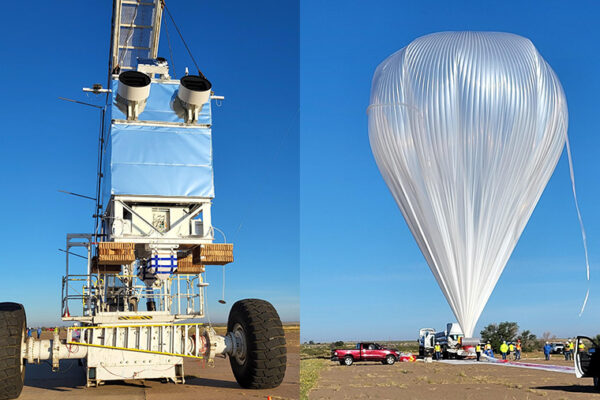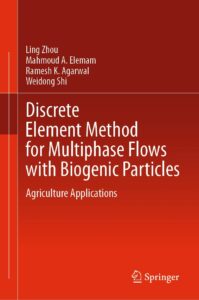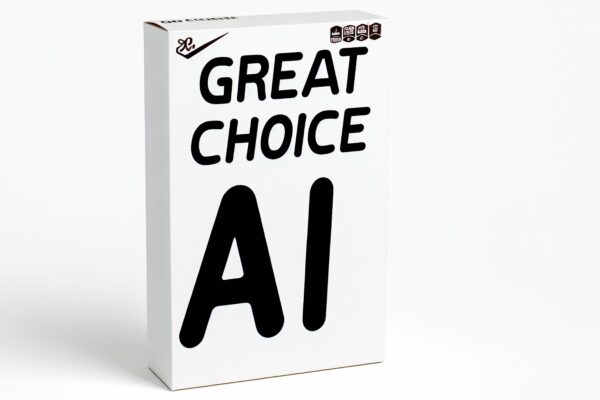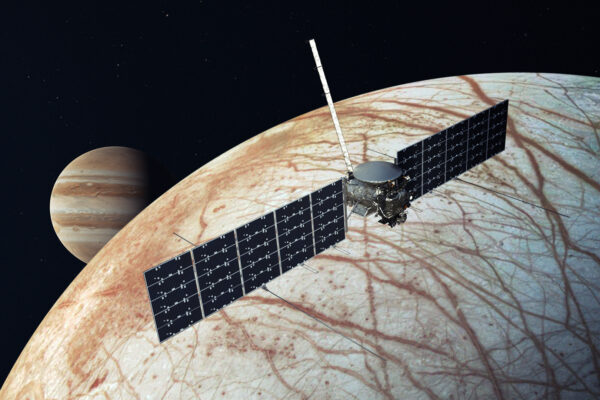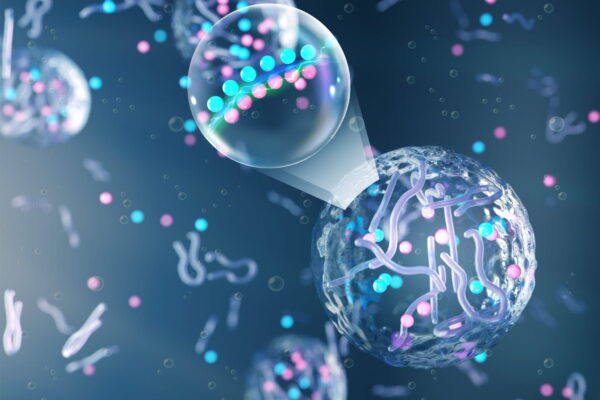Potential Type 1 diabetes treatment may stem from outsmarting immune cells
Cory Berkland, a researcher at Washington University, will lead preclinical diabetes research with a $2.6 million grant from The Leona M. and Harry B. Helmsley Charitable Trust.
Using drone imagery to help the slow loris
Leslie Paige, a graduate student in Arts & Sciences, is using geospatial tools to map the habitat of a critically endangered primate. She presented her work at the Geo-Resolution conference in St. Louis.
WashU wins College Transit Challenge
For the second straight year, WashU has won the Citizens for Modern Transit College Transit Challenge. The annual competition encourages students, staff and faculty from local colleges to log their rides on MetroLink and Metro buses for bragging rights and the College Transit Trophy.
Flores named vice dean for graduate education in engineering
Katharine Flores, the Christopher I. Byrnes Professor at Washington University, has been named vice dean for graduate education at the McKelvey School of Engineering.
Wencewicz wins American Chemical Society Award
Timothy Wencewicz, an associate professor of chemistry in Arts & Sciences at WashU, is the winner of the American Chemical Society’s Saint Louis Award. Wencewicz’s research focuses on drug discovery to address the antibiotic resistance crisis.
Balloon mission tests quantum sensor technology
A WashU-led team successfully launched the DR-TES mission Sept. 24 from NASA’s balloon launch facility in New Mexico. Physicists in Arts & Sciences are using this mission to test quantum X-ray and gamma-ray detectors in near-space conditions.
Discrete Element Method for Multiphase Flows with Biogenic Particles
Agriculture Applications
This book presents the advanced theory and application of the combined Computational Fluid Dynamics – Discrete Element Method (CFD-DEM) to multiphase flow simulations of the gas and bio-particulate matter of non-uniformly shaped biomass. It explores how DEM can simulate the complex behaviour of biomass particles, such as their packing in the multiphase flows that occurs […]
Language agents help large language models ‘think’ better, cheaper
Researchers in the McKelvey School of Engineering at Washington University in St. Louis have devised an agent to help large language models “think.”
NASA’s Europa Clipper prepares for launch
The Europa Clipper mission is the first to specifically target Jupiter’s ocean moon for detailed science investigation. In this Q&A, WashU’s William B. McKinnon, a science team member, describes what’s at stake when it launches next month.
Understudied protein blobs have big effect on cellular function
Researchers from WashU and Duke University have shown that the formation of biological condensates affects cellular activity far beyond their immediate vicinity.
Older Stories

